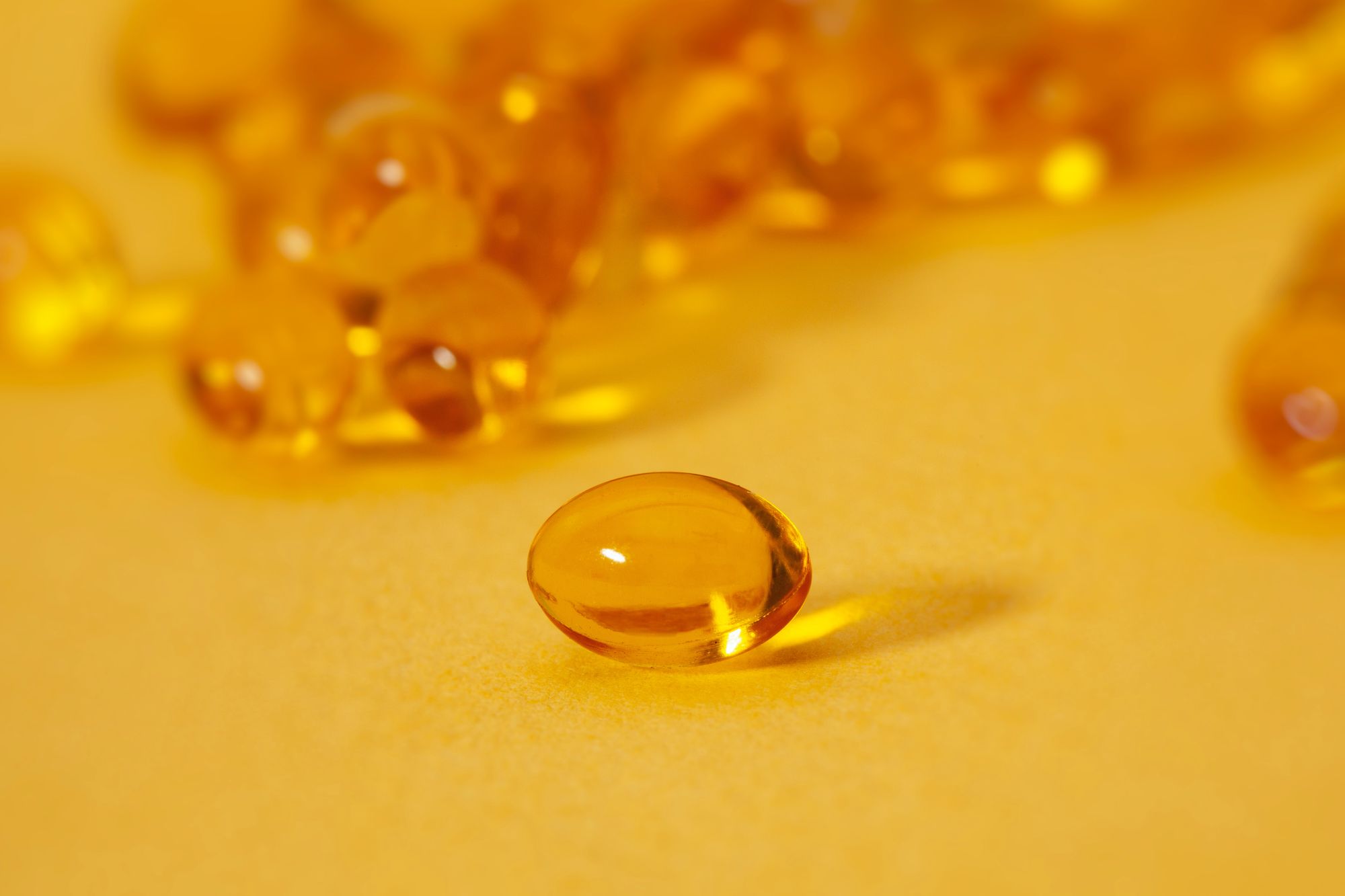Vitamins, what are they?

we’ve all heard of them and how great they are for us. But what are vitamins, really? Why is it so important to make sure we’re getting enough of them? And what’s up with all those different types?
Vitamins are substances present in minute amounts in the food we eat (underwhelming definition, I know). The difference between vitamins and other minute substances that are also present in food - like minerals, which are often grouped with vitamins - is that vitamins are organic compounds. In chemistry, organic compounds are substances that are made up of carbon and hydrogen. Vitamins are needed to maintain proper bodily function. Specific vitamins ensure that specific parts of our body are working, and not getting enough vitamins not only hamper the body’s processes, but can also make you develop certain deficiency diseases.
The vitamins that we require can be divided into two main categories - water soluble vitamins and fat soluble vitamins.
Water soluble vitamins are dissolved in our body’s water after we consume them, which doesn’t seem to be a problem until you realize our bodies lose water all the time. As a result, water soluble vitamins are frequently lost from our bodies, and have to be consumed regularly to ensure that we have enough of them at all times. Water soluble vitamins are lost with water when food is cooked.
Fat soluble vitamins remain in our body’s fat after we consume them. Because of this, fat soluble vitamins aren’t lost as frequently from our bodies, and these vitamins don’t need to be consumed as regularly. Fat soluble vitamins are great because they don’t get removed when food containing them is cooked.
Stayed tuned as we breakdown vitamins!
